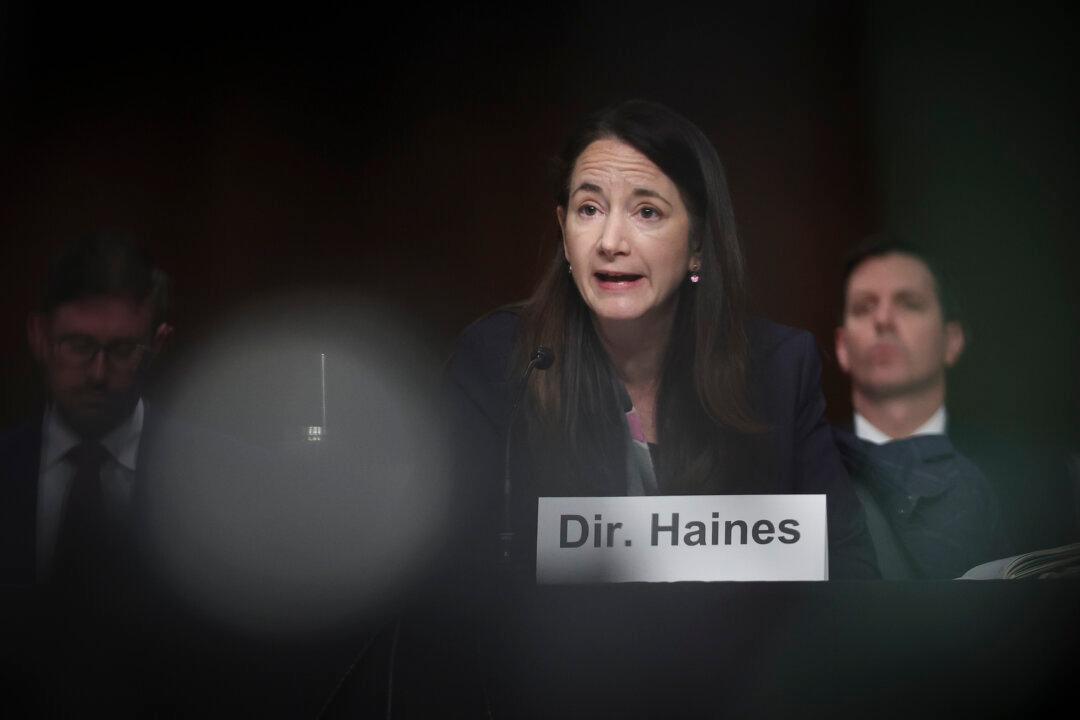The Chinese Communist Party (CCP) is rapidly developing the military capabilities required to launch an invasion of Taiwan, which doesn’t yet have sufficient training and forces to repel such an attack, the Senate Armed Services Committee was told during a May 10 hearing on worldwide threats.
“China has focused on studying the United States’ way of war and on offsetting our advantages,” committee Chair Sen. Jack Reed (D-R.I.) said. “Beijing has made concerning progress in this regard and holds its own expansive geostrategic ambitions.”




